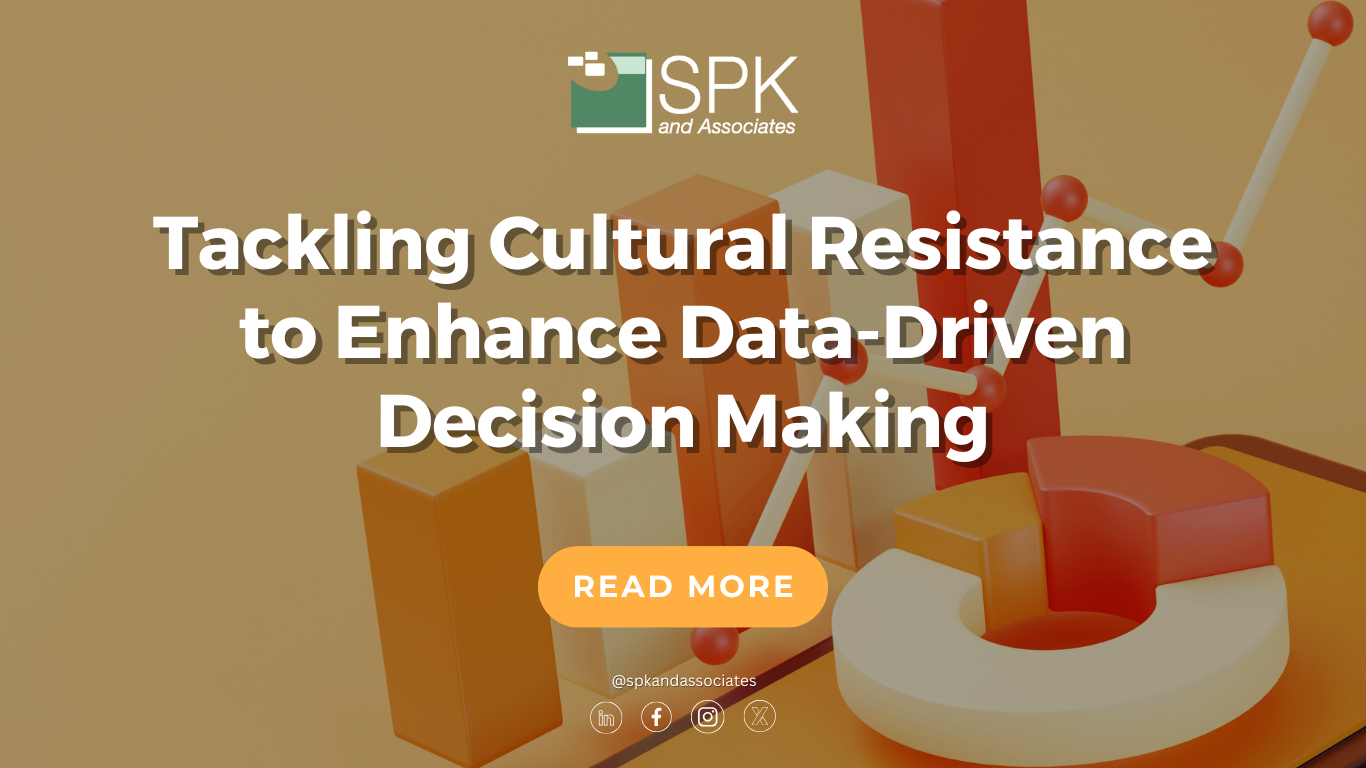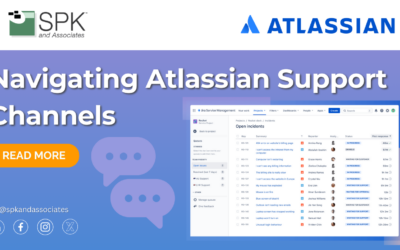Adopting a data-driven approach is essential for companies seeking to enhance decision-making and drive growth. However, one of the biggest obstacles to achieving this is cultural resistance. This resistance is often from HiPPOs (Highest Paid Person’s Opinion), who commonly rely on intuition or past experiences rather than data. In this blog, we’ll explore the challenges of cultural resistance to data adoption, offer strategies to overcome it, and highlight how companies can successfully foster a data-centric culture.
Understanding Cultural Resistance to Data
Cultural resistance often stems from leadership’s reliance on gut feelings, a long-standing corporate culture, or discomfort with new tools and technologies. It’s common to hear phrases like “We’ve always done it this way” or “I trust my experience over numbers.” Such mindsets hinder data-driven decision-making, resulting in missed opportunities for improved performance and cost savings.

The HiPPO Effect in Decision-Making
HiPPOs hold significant sway over organizational decisions due to their authority, often overshadowing data-backed insights. While their experience is valuable, it can lead to biases that affect objectivity. To create a balanced decision-making environment, it’s crucial to ensure that data is presented in a way that supports leadership without being confrontational.

Strategies to Overcome Cultural Resistance
- Education and Training: Start by educating leaders and teams about the benefits of using data for decision-making. Show how data can complement, not replace, experience-based decisions. In our experience, educational sessions around Microsoft Power BI or Tableau were received well. Ultimately, they fostered the desire to be more data-driven.
- Data Storytelling: Present data in compelling, easy-to-understand stories that highlight its relevance to business outcomes. Visualizations, real-life examples, and clear narratives can make data more relatable and actionable for stakeholders.
- Pilot Projects: Introduce small-scale data-driven projects that can demonstrate quick wins. By highlighting measurable success, you can reduce skepticism and encourage wider adoption. The simple approach can help slowly bring others into the discussion. Furthermore, it helps expose those individuals to more data-driven decision techniques and business intelligence tools like Power BI.
Building a Data-Driven Culture
Creating a data-driven culture involves more than just deploying new tools; it requires changes in mindset, workflows, and incentives. As a leader, you should encourage data transparency, celebrate teams that make data-backed decisions, and integrate data into routine processes. Additionally, ensure that your organization invests in tools and technologies that support data analysis, visualization, and collaboration.
There are ways for data to help make decisions related to profit, as there is a clear relationship. This could be a path forward for using data to make more strategic decisions. With this said, I’ve seen more success when data is used to tell a story that results in profit. It’s best to display how multiple data points relate to an undesirable outcome. Then, after using the negative example, use that same data to tell a story of a desirable outcome. This framework can have a greater impact on your team.
The Role of SPK and Associates in Fostering a Data-Driven Culture
At SPK and Associates, we understand the challenges of driving cultural change and building data-centric organizations. As experts in Data Engineering and Analytics, we help companies break down silos, foster data literacy, and create the infrastructure needed for effective data-driven decisions. If your organization is facing cultural resistance to data adoption or seeking better integration of analytics tools, we are here to guide you. Contact SPK and Associates today to start your journey toward a more informed, strategic, and effective business culture.







